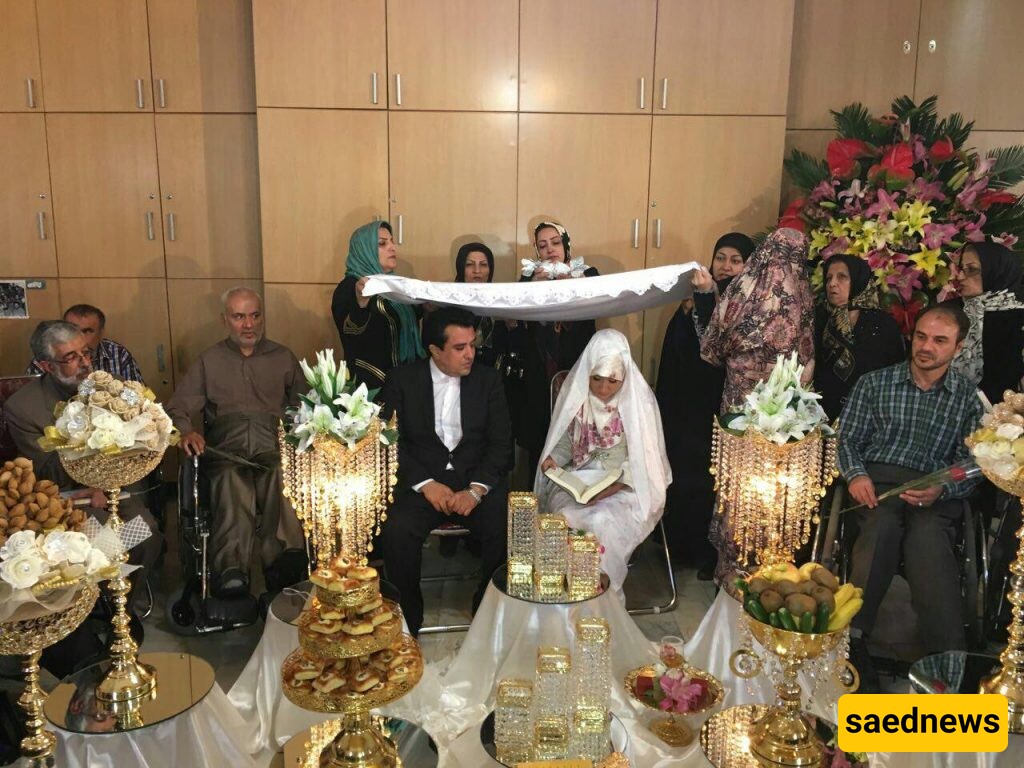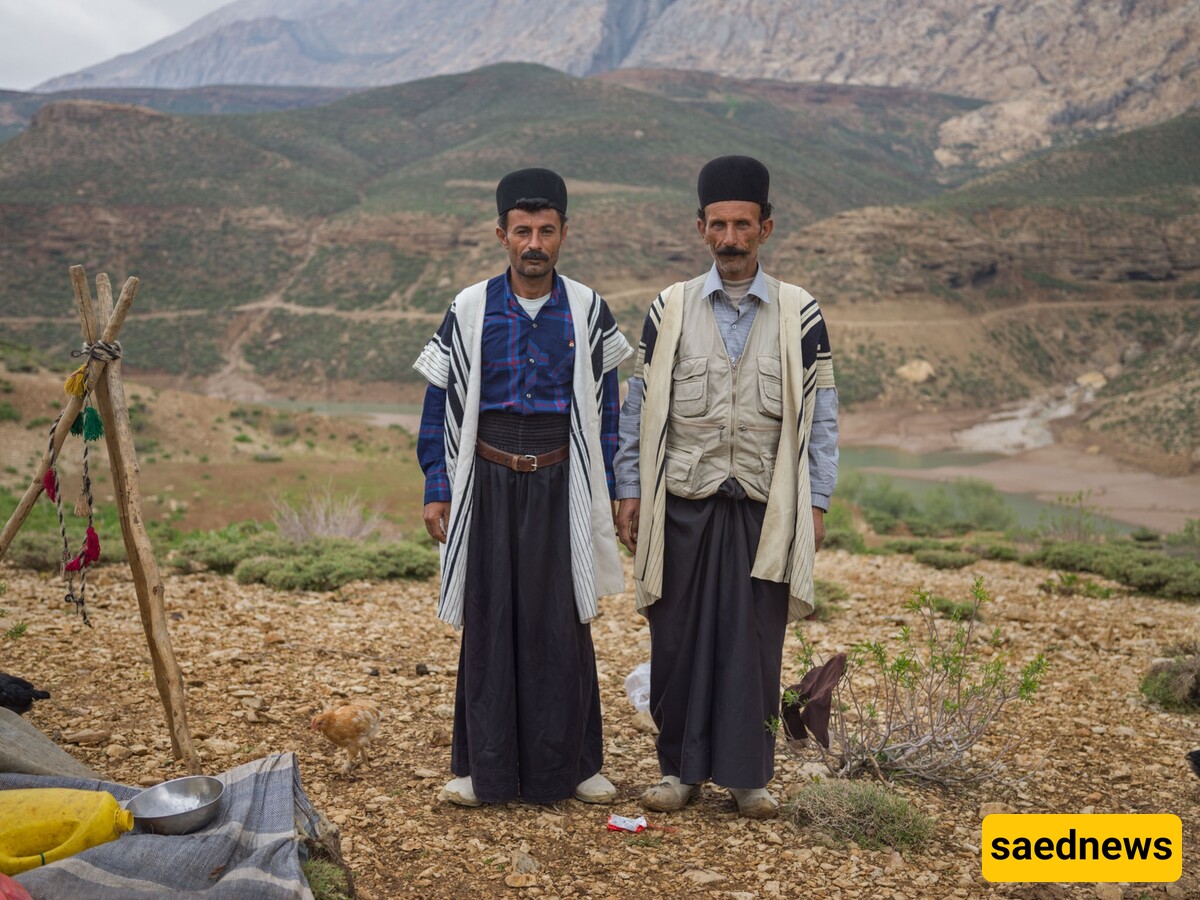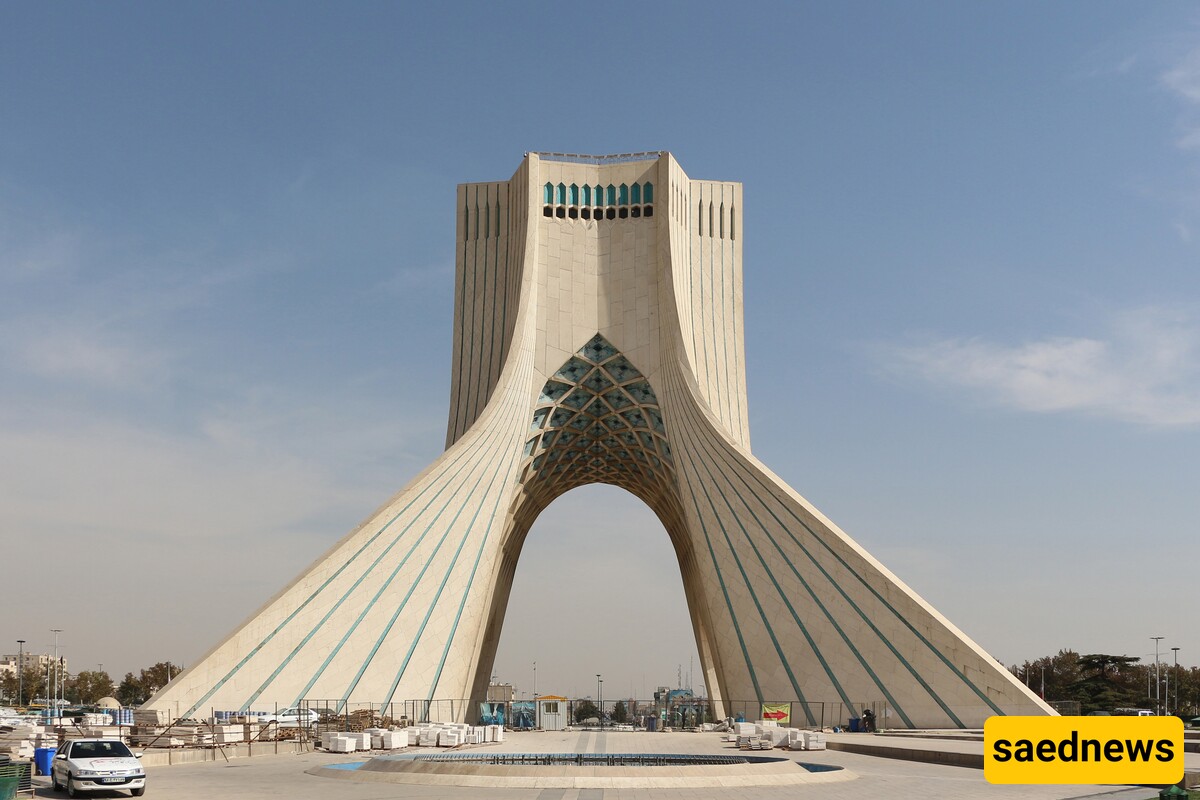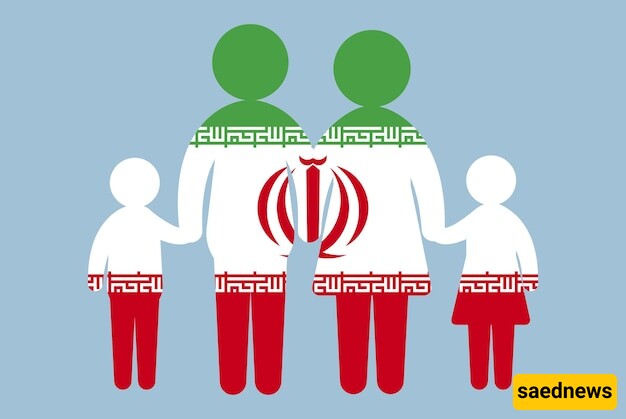According to SAEDNEWS; Family values are the cornerstone of Iranian society, influencing social interactions, traditions, and individual behaviors. This blog explores how these values have evolved over time and their impact on contemporary Iran.

According to SAEDNEWS, in Iran, the family unit is more than a social construct; it serves as the foundation for society norms and behaviors. Traditionally, Iranian families were patriarchal, with the father or husband as head of the household. This framework has significantly influenced the country's cultural and social dynamics. Understanding these familial values allows us to gain a better understanding of Iranian society overall.
Historically, Iranian families had a patriarchal structure, with the male head of the household exercising authority over household choices. This system was firmly embedded in cultural and theological traditions.


In recent decades, there has been a trend towards more egalitarian family structures, particularly in cities. Economic challenges and increased educational options for women have helped to drive this development. However, the rate of change differs by social class and geography.

Strong familial ties remain a distinctive trait of Iranian society, influencing many aspects of life. Maintaining family honor and reputation is critical, and individual decisions are frequently judged against these shared values.
Parents have a tremendous influence on their children's lives, including making decisions about schooling, professional options, and marriage. Close relationships between generations are treasured, and elderly family members frequently offer advice and support.
Family values are fundamental to Iranian society, acting as a link between tradition and modernity. While family structures and dynamics have developed, the emphasis on familial bonds and obligations remains central to Iran's social fabric.

